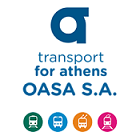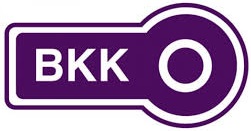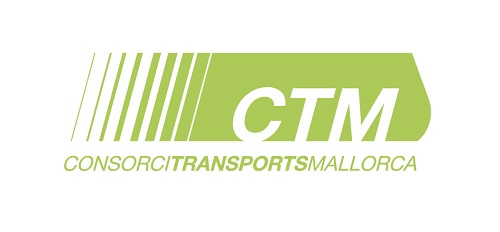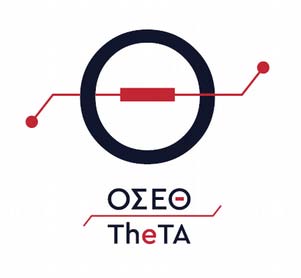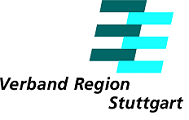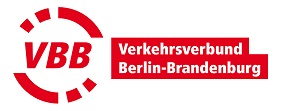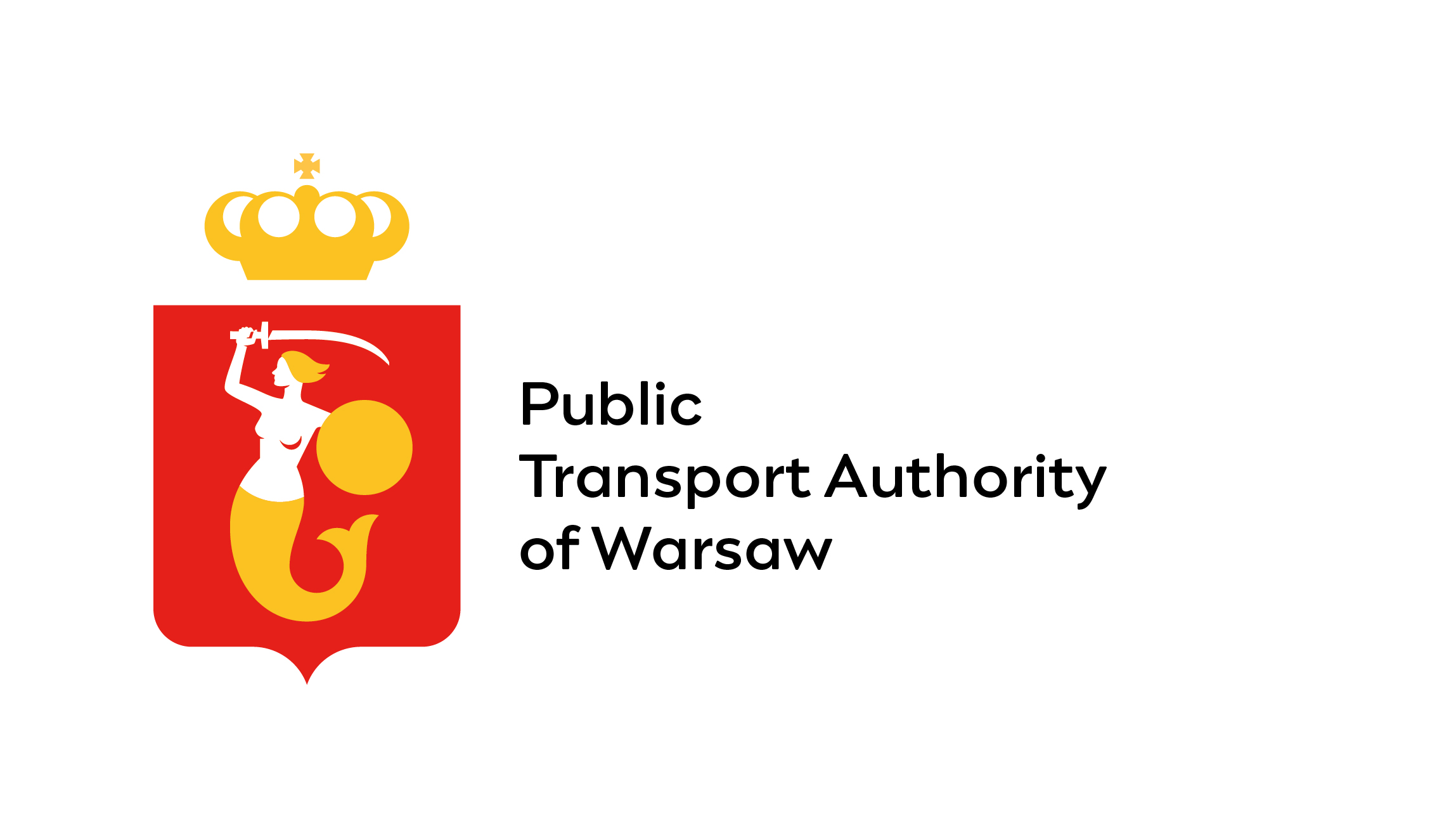News from Europe

President Katalin Walter leaves EMTA – Köszönjük, Kati!
Katalin Walter handed in her resignation as CEO of BKK to the Mayor of Budapest on May 29th, due to the extremely challenging political situation that is hindering productive and effective leadership. Subsequently, she will also leave the presidency of EMTA, a position she has held since 2023. She will remain in her role until

EMTA, POLIS and UITP held strategic dialogue on ticketing at the European Parliament
EMTA, POLIS and UITP co-organised a Strategic Dialogue on Ticketing in Urban and Regional Transport at the European Parliament on Tuesday 3 June 2025. Representatives from the European Commission and Members and advisors of the European Parliament discussed with us how EU policy can support easier cross-border travel and further strengthen the integration of metropolitan

Resilience and AI take centre stage at the 53rd EMTA General Meeting in Toulouse
How resilient is metropolitan public transport in Europe? What are the opportunities and threats of artificial intelligence when it comes to public transport? These, among many others, were some of the themes that were discussed during EMTA’s 53rd General Meeting, taking place in Toulouse on 21–23 May 2025. Public transport leaders from 25 EMTA member

Thomas Geier starts work as new Secretary General of EMTA
Thomas Geier has taken on the role of the secretary general of EMTA on 1 February 2025. Having worked with EMTA continuously since 2018, most recently as Policy Advisor, he is a long-standing and well-respected member of the association. “It is a great honour to serve the EMTA community as Secretary General. EMTA has a

Transport contracts high on the agenda at the EMTA General Meeting
The 52nd General Meeting of EMTA concluded in Porto on Friday 11 October 2024. The agenda focused on EU affairs and procuring public transport services through tenders and contracts. The meeting was hosted by the Metropolitan Area of Porto (AMP), the Porto region’s public transport authority. EMTA’s next General Meeting will be organised in May

New CEO appointed for JUDU in Vilnius
Loreta Levulytė-Staškevičienė has been appointed as the new CEO of JUDU, the public transport and mobility agency of Vilnius, Lithuania’s capital. JUDU is one of the 35 EMTA members. Loreta Levulytė-Staškevičienė has taken on the role on September 4th 2024, with a vision to drive innovation and sustainable growth in the mobility and transport network

The 52nd EMTA General Meeting takes place in Porto
The delegates of Europe’s largest metropolitan public transport authorities gather this week in Porto for the 52nd General Meeting of EMTA. Current challenges in urban mobility, from the perspective of public transport authorities, are high on the agenda. The meeting will focus on customer satisfaction in public transport, public transport procurement, decarbonising bus services, and
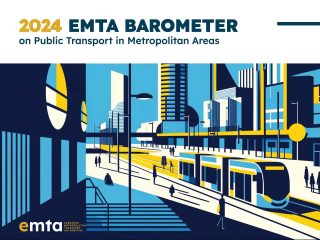
EMTA Barometer 2024 is released
Public transport ridership figures remain below 2019 in most European metropolitan areas. Consequently, the financial situation of the public transport authorities is strained. These are some of the findings from the 17th edition of the EMTA Barometer, released on 19 June 2024 by the European Public Transport Authorities (EMTA). EMTA Barometer combines public transport statistics

EMTA President Katalin Walter discusses “money” at POLIS Leadership Summit
As the climate crisis grows, so do the scale and urgency of the changes we must implement. With this in mind, high-level leaders in mobility from the public and private sector gathered in Prague for the POLIS Leadership Summit on 30 May 2024 to address the pressing issues of sustainable urban and regional transport. Katalin

Joint open letter to the EU institutions: European public transport sector calls for strong support for public transport
In an open letter addressed to the EU Institutions, EMTA, EPTO, Eurocities, IRU, Polis and UITP argue that the indispensable role of public transport in shaping sustainable urban mobility deserves special attention during the next legislative term. Moving over 50 billion passengers annually, public transport stands as the most sustainable, efficient, and inclusive mass transit


